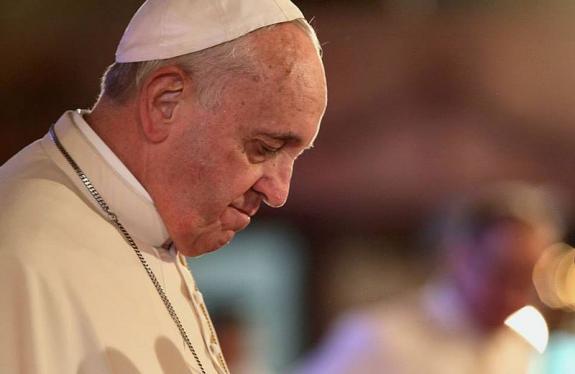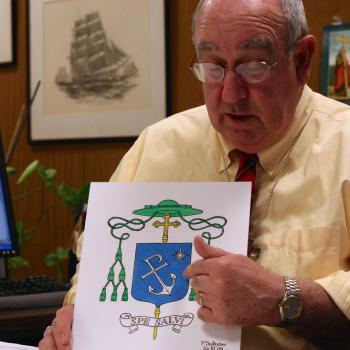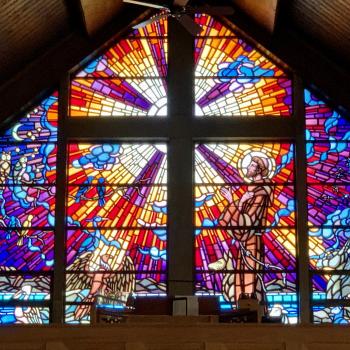NCR and Phyllis Zagano suggest that just might happen:
Will he or won’t he?
That’s the question being asked in some circles as the date approaches for the pope’s appearance at this year’s May 6-10 meeting of the International Union of Superiors General (UISG), the leaders of the world’s congregations of Catholic women religious.
Every three years the group meets in Rome, and during the last gathering, in answer to a question from the group, Pope Francis agreed that it would be good to appoint a commission to study the history of women deacons.
The commission was formed within three months, in August 2016, and last summer, having completed its work, the commission sent a paper to the pope. So the big question this year is: What’s Francis going to say about women deacons?
…Speaking of the upcoming meeting, [Dr. Zagano] said, “I don’t know what will happen. But, boy, if I were the pope, I wouldn’t want to walk into a room with a thousand nuns and not answer the question.” There are “tea leaves” that give some indication. First, if silence gives consent, the pope may be headed in the “yes” direction on the question of women deacons. No one has heard any dissent. And, in fact, a yes on the question at this point would simply be a step beyond what has already been determined. Previous Vatican and theological commissions who have considered the question, said Zagano, “haven’t said no, they just haven’t said yes.”
The reason they haven’t said “no,” in Zagano’s view, is the preponderance of evidence that exists showing that women deacons, no different in their ordination from men, were clearly a part of the church from its earliest stages through about the 12th century.
She also sees a possible indication in the lineamenta or questionnaire sent out ahead of this fall’s synod on the Amazon. It contains a query about “official ministry for women.” She said that use of the phrase “official ministry” can only mean ordination. Whatever the decision, she said she has emphasized with officials close to the pope that he “can’t kick this can down the road any longer. He just can’t.”
Circle your calendar. The schedule at the moment has the pope attending the meeting on May 10.
My friend Deacon Bill Ditewig dropped me this note in response to all this:
How will the pope respond to the report of his Pontifical Commission on the question of women and diaconate? Will he say “yes” or “no”?
For the moment, I believe that the answer will be “not yet.”
Pope Francis has said repeatedly that he wants to see a more “synodal” Church, with decision making being done as much as possible through the traditional mechanism of synods. Synods – gatherings of bishops – consist of two major types: general synods of all the world’s bishops, usually referred to as “Councils.” There have been twenty-one of these worldwide Councils in the life of the Church. Regional gatherings were traditionally referred to as synods, as groups of bishops would gather to address specific pastoral needs for their regions. Following the Second Vatican Council, the world’s bishops hoped to extend the use of synods in the future, and Pope Paul VI established a permanent structure on synods as part of the Roman Curia, and there have been many of them over the years since the Council.
Given the Pope’s emphasis on synodality as an important component of ecclesiastical governance, I simply can’t imagine that he would tackle a question as important as this one on his own. Could he? Of course. But will he? I doubt it. He will, I believe, want to approach this synodally. He might add the question to an already-scheduled synod, or he may call an extraordinary synod devoted specifically to the topic.
As with the existing diaconate, there are many areas of the world in which their bishops have not yet opted for a renewed diaconate, while others have embraced it warmly. This would undoubtedly be the case if the diaconate is opened to women. Some parts of the world will reject the idea; others will adopt it immediately.
So, I would look for the topic to become the subject (or “a” subject) of an upcoming Synod or even an ecumenical Council (although I don’t think Francis will call a Council!).













